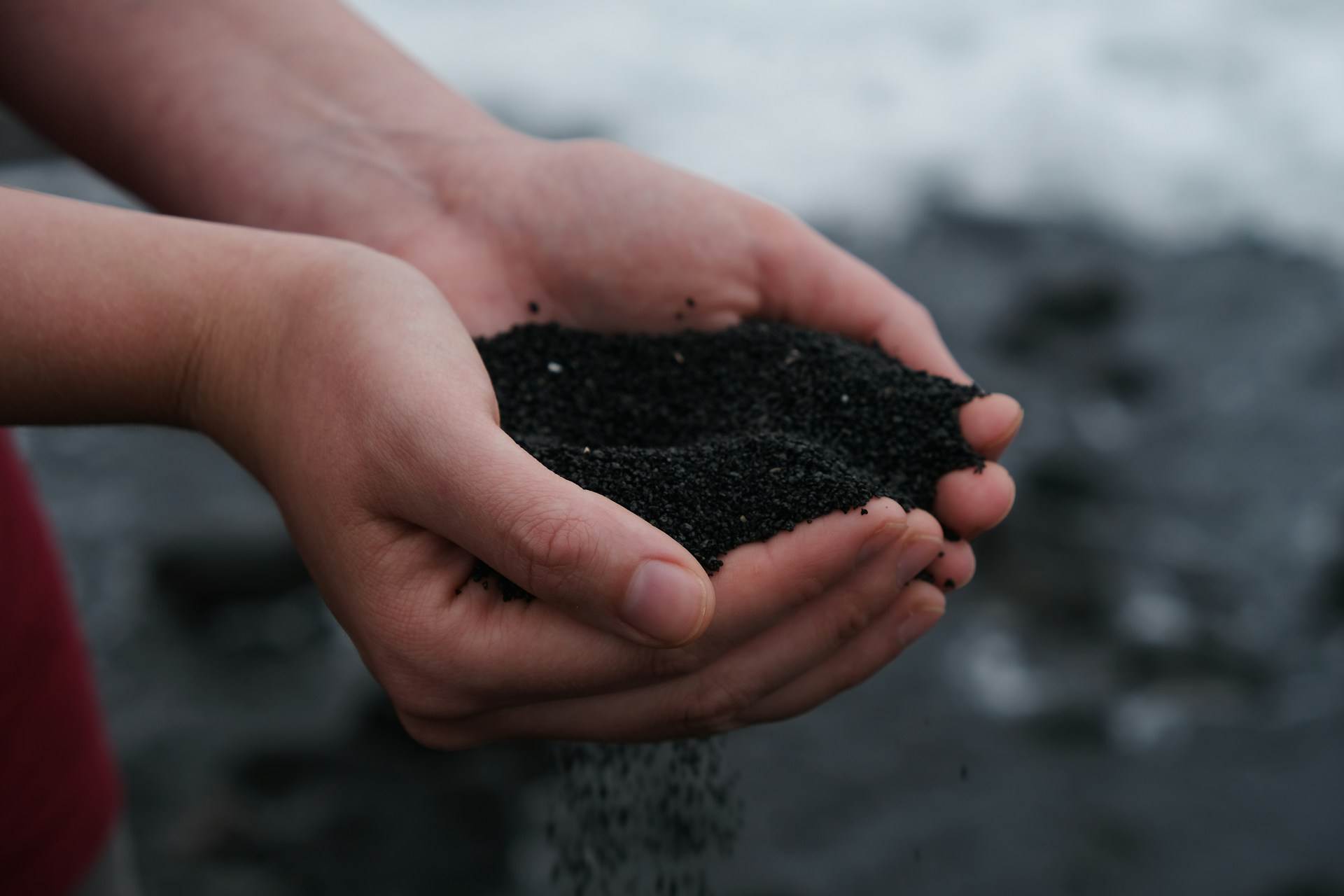Study reveals leather’s superior biodegradability

A recent study by Ege University and the A3 Leather Innovation Centre at the University of Lleida found that genuine leather composts successfully under industrial conditions, unlike some plastic-based material alternatives.
The study compared the composting capabilities of leather and three alternatives: so-called ‘leatherette’, Piñatex, which contains some pineapple fibre, and Desserto, which contains some cactus fibre. The research, conducted in accordance with ISO standards, aimed to evaluate the degradation rates of the four materials during an intensive aerobic composting process.
The findings revealed that bovine leather samples treated with alginate derivatives completely degraded within 25 days, while conventionally processed wet blue degraded fully within 35 days. In contrast, vegetable-tanned bovine leather showed initial signs of degradation after 60 days and did not achieve complete disintegration even after 90 days.
The alternative materials showed no degradation after the 90-day composting test, suggesting a significantly lower degradation capacity compared to leather, owing to the presence of non-biodegradable components such as PU and PVC.
Commenting on the study, the secretary of the International Council of Tanners, Dr Kerry Senior, said: “The arguments that these alternatives are a viable, sustainable replacement for leather simply don’t add up.”
The study underscores the importance of highlighting the superior biodegradability of leather over synthetic and partly plant-based alternatives.
The full research study can be found here
Photo by Seth Cottle on Unsplash







